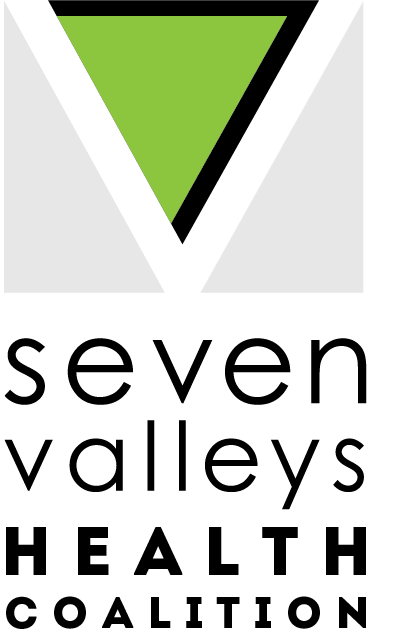#Foodwastefriday: Teaching about Food Waste
Each year, the food we waste costs the North American economy $278 Billion US dollars and could have fed 260 million people! Education is a key factor in preventing food waste.
We need to teach kids that food isn’t trash. That food isn’t just like any other commodity. That food is special. That food…matters!
The Food Matters Action Kit helps parents, teachers and youth understand why food matters. It’s loaded with informative resources and hands-on, creative activities to inspire kids of all ages to prevent food waste at home, at school, and in the community. This publication was prepared by the Food Systems Lab and River Road Creative for the Secretariat of the Commission for Environmental Cooperation (CEC).
Learn together to value food, how food nourishes people, and how healthy food systems make a healthy planet. The Food Waste Action Plan is based on three principles.
1. Knowledge is Power: Understand how food waste impacts our planet
2. Shift Behavior: Prevent food waste by changing our attitude about food and developing new habits and skills
3. Spread the Word: Sharing our food waste action and tips at home, school and in our community will help us solve the problem together
Fun activities!
The guide offers hands-on activities from rescuing food to composting with worms, there are dozens of fun ways to take action on food waste!
The Food Matters Action Kit contains over 70 activities to engage youth in preventing food waste. Activities can be done individually or in a series, in any order that suits learning themes for your class or organization.
There are two sets of activities: for kids(ages 5-13) and youth (ages 14-25) organized together by theme. Many activities are relevant for either age group, so feel free to explore them all!
Below are a couple of activities from the kit!
Get the Action Kit and Activity Guide here!
Learn more!
Check out these great resources to learn more about food in the circular economy:
•The Los Angeles Area Food Recovery Guide—Reducing Food Waste: Recovering Untapped Resources in our Food System
•Canada’s National Zero Waste Council’s Food Loss and Waste Reduction Strategy




